History
A track record of excellence in client service and innovation.
A track record of excellence in client service and innovation.
Cambridge Systematics (CS) is an independent, employee-owned firm, recognized throughout the nation as a leader in transportation.
CS was founded in 1972 by four Massachusetts Institute of Technology professors and a colleague who shared an understanding that transportation's greatest challenges call for thoughtful, research-based solutions. To this day, our staff are dedicated to forging strong partnerships and delivering innovative solutions for our clients and their communities.
Scroll through the timeline below for a glimpse of the key projects, milestones, and events that have happened over the course of five decades at Cambridge Systematics.
When our five founders first open their doors for business in Cambridge, Massachusetts, it’s hard to imagine if they knew what lay ahead, including the opening of two additional offices. The oil crisis and long lines at the pump were followed by three different presidents sworn into office and the onset of deregulation of transportation in the U.S.

Cambridge Systematics (CS) is founded by transportation consultant William Jessiman, who serves as President, along with four MIT Professors—Marvin L. Manheim, Wayne Pecknold, Paul Roberts, and A. Sheffer Lang. Doors open for business on September 27 at 238 Main Street, Cambridge, MA.


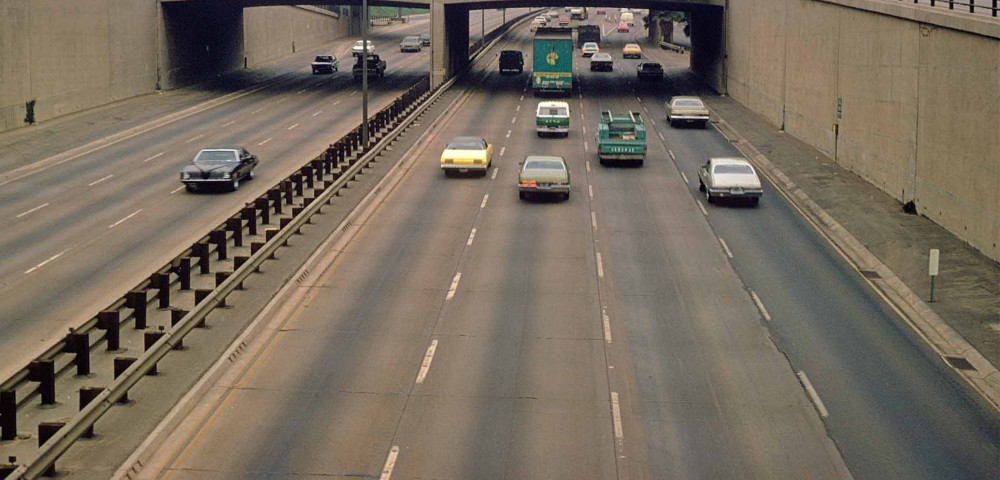
A few of our first projects are for the U.S. Department of Transportation (DOT). Auto Ownership and Work Mode research are used to create a disaggregate, behavioral split model used to estimate sensitivity of mode choice to parking rates, road tolls, and other transportation supply
A few of our first projects are for the U.S. Department of Transportation (DOT). Auto Ownership and Work Mode research are used to create a disaggregate, behavioral split model used to estimate sensitivity of mode choice to parking rates, road tolls, and other transportation supply characteristics.
For the U.S. DOT Office of the Secretary, CS analyzes several alternatives in the current trans-Atlantic aviation route structure case before the Civil Aeronautics Board. Several analytical computer programs are developed for this study, including traffic forecasting, demand stimulation, market share relationships, traffic assignment to flights, and revenue/cost summary calculation programs to aid in determining economic impacts of the involved carriers.
CS also conducts a National Transportation Study to inventory and assess the current and planned transportation system as viewed by the states and urban areas.

The Federal-Aid Highway Act of 1973 creates a public transportation account within the Highway Trust Fund and provides funding for and increases the role of local officials and Metropolitan Planning Organizations (MPOs).

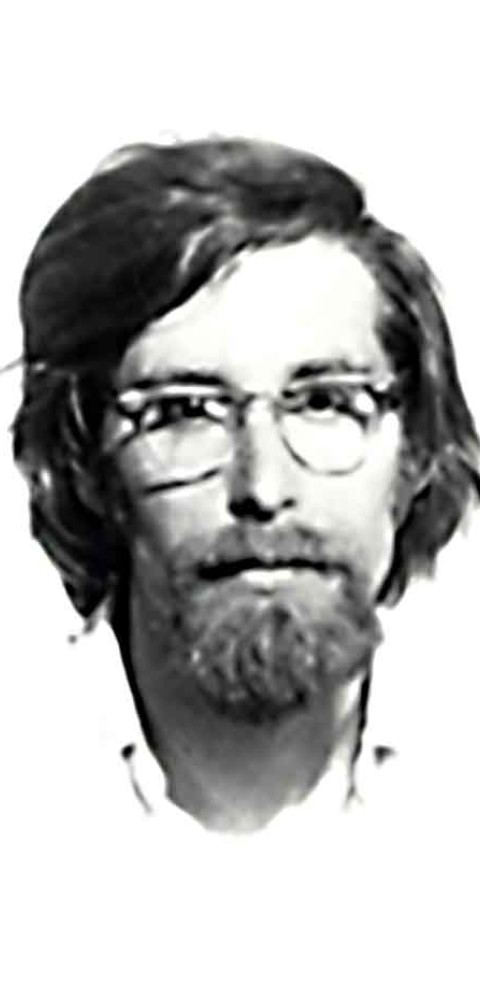
Lance Neumann later serves as President and CEO from 1986 to 2011.

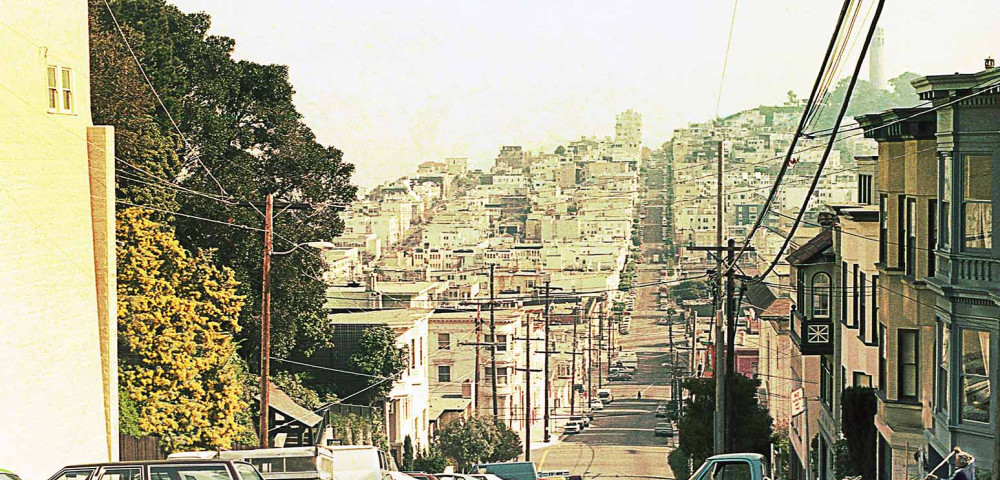
CS works with the Metropolitan Transportation Commission in the San Francisco Bay Area to implement the first disaggregate demand modeling system in the U.S.
CS works with the Metropolitan Transportation Commission in the San Francisco Bay Area to implement the first disaggregate demand modeling system in the U.S.

The Joint Federal Highway/Transit Planning Regulations take effect, requiring the urban transportation planning process to include long-range and shorter-range elements in the long-term transportation plan.
Washington, DC’s Metrorail opens. This transit system will eventually connect areas of Washington, DC, Maryland, and Virginia.

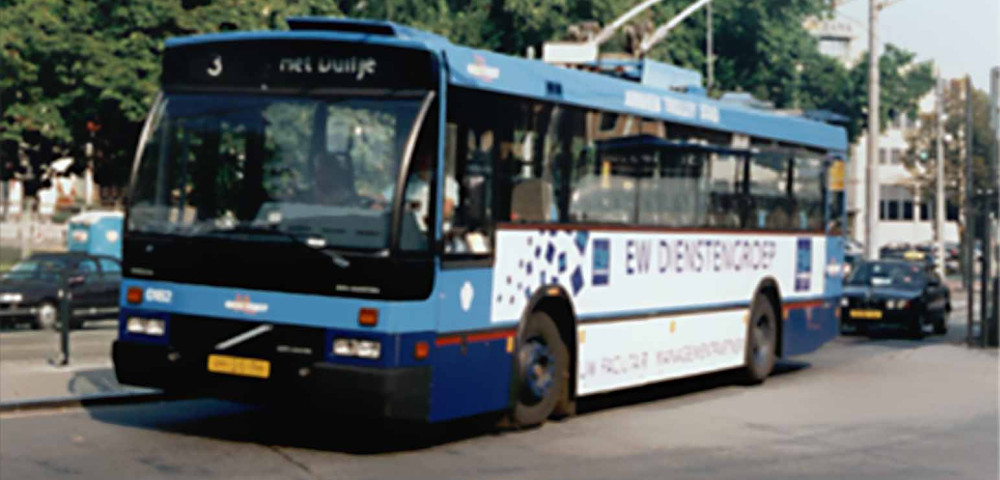
CS develops a national system of disaggregate transportation demand models for the Dutch Ministry of Transportation and Public Works.
CS develops a national system of disaggregate transportation demand models for the Dutch Ministry of Transportation and Public Works.

The Clean Air Act Amendments of 1977 are issued. In June 1978, a policy document, Memorandum of Understanding, establishes how the DOT and U.S. Environmental Protection Agency (EPA) will assure the integration of transportation and air quality planning.
The U.S. DOT completes its first multimodal national transportation planning study, National Transportation Trends and Choices (To The Year 2000).
The Surface Transportation Assistance Act of 1978 consolidates federal financial assistance programs for highways and public transportation for the first time.

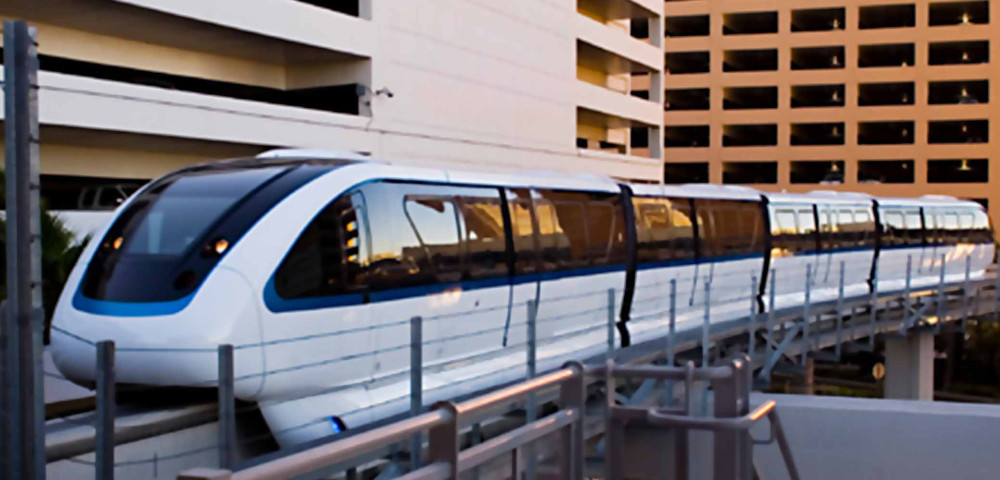
CS evaluates the efforts of implementing a “Downtown People Mover” System in U.S. cities for the Urban Mass Transportation Administration (now the FTA). The "downtown people mover" is an automated, driverless transit car that most know now as a monorail. The monorail didn’t take off,
CS evaluates the efforts of implementing a “Downtown People Mover” System in U.S. cities for the Urban Mass Transportation Administration (now the FTA). The "downtown people mover" is an automated, driverless transit car that most know now as a monorail. The monorail didn’t take off, but there is a brief moment in history when it’s the next great thing. In the 1970’s, nearly 70 cities write to the government, expressing interest in building an automated transit system. In the end, only three cities attempt to build it: Detroit, Miami, and Jacksonville.
